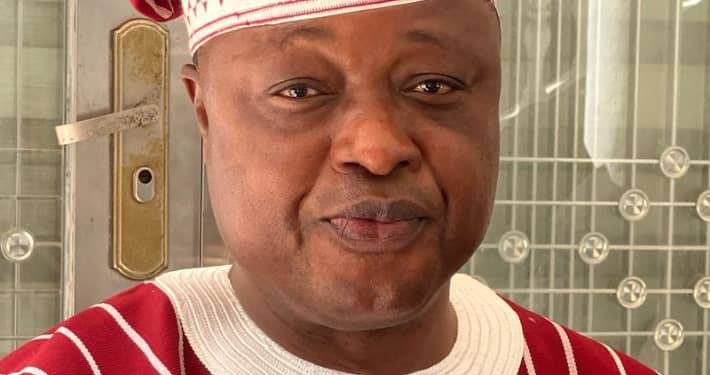By Juma Mubarak (Mr. Solution), Multimedia Practitioner and Political Commentator
The All People’s Congress (APC) has endured a turbulent period of internal reform. This was not the product of individual ambition but the result of judicial intervention. Between 2019 and 2023, the party’s internal disputes were brought before the High Court, and the rulings of Justice Adrian J. Fisher created a binding legal framework for reform, inclusivity, and transparency.
The Court dissolved the existing executive, mandated the creation of the Interim Transitional Governance Committee (ITGC) and the Transitional Independent Elections Management Committee (TIIEMC), and issued directives on membership, the adoption of a new constitution, and election timelines. These were not suggestions. They were binding orders.
This is where clarity is essential. There are things we want to see happen, there is the law, and there are individual opinions and interpretations. These three are not the same, and they must never be confused. Judicial rulings and constitutional directives stand above personal preference or partisan interpretation.
In recent months, a dangerous narrative has emerged. Some argue that if the APC follows the dictates of its March 2022 Constitution, the party will lose the 2028 elections. This tactic of scaremongering and threatening the party is dishonest and manipulative.
How can one individual believe that without them the APC is destined for doom and gloom? The APC has survived greater challenges than this. It has endured repression, opposition, and internal crises, yet it has always rebounded. No single individual is bigger than the APC.
It is important to deal with facts and not myths. For Chief Sam Sumana, it must be stated plainly that he is who he is because of the APC and not the other way round. In 2007, when he contested for a parliamentary seat in Kono, the very district he claims as his stronghold, he lost woefully. In 2012, when President Ernest Bai Koroma was seeking a second term, Sam Sumana was already deeply unpopular in Kono because of his actions during his tenure as Vice President, yet President Koroma was constrained to run with him despite that unpopularity. In 2018, when he ran as a Presidential Candidate outside the APC, the APC itself polled more votes in Kono than he did.
The numbers do not lie. The APC’s strength is not dependent on Sam Sumana’s personal fortunes. It is a collective strength, built by members across the nation, guided by the rule of law and the party’s constitution.
Between 2019 and 2023, surrogates of Sam Sumana repeatedly tried to hold the APC to ransom. They used tactics of blackmail and internal disruption as leverage to bulldoze their way into power. Today, the same tactics continue, now dressed in new rhetoric about inclusivity and electoral viability.
But inclusivity must not come at any cost. Yes, the APC wants more members. Yes, broadening the base is important. But growth cannot be built on threats, scaremongering, or the rewriting of constitutional directives to favor individuals.
If Chief Sam Sumana has decided to return to the APC and the party has graciously readmitted him, then he must now do the right thing. He must abide by the party’s constitution and stop fueling unnecessary distractions through his surrogates. Anything else raises the question of whether his intention is genuine service to the party or an act of revenge.
If the APC is to move forward, it must separate what we want from what the law dictates, and it must distinguish individual opinions and interpretations from binding judicial directives. We must resist conspiracy theories and manufactured narratives. We must respect the March 2022 Constitution and the judicial rulings that brought the party back from the brink.
The APC’s future depends not on one man’s ambition but on collective discipline, unity, and respect for the rule of law. Anything less is not just a betrayal of the party’s constitution but a betrayal of the people it seeks to serve.











